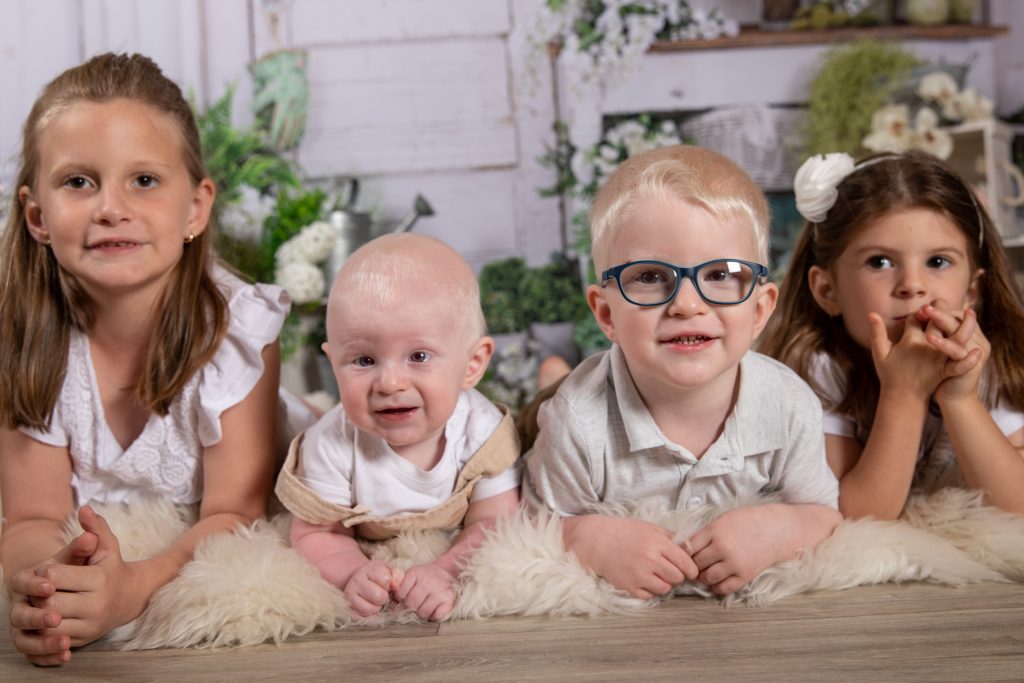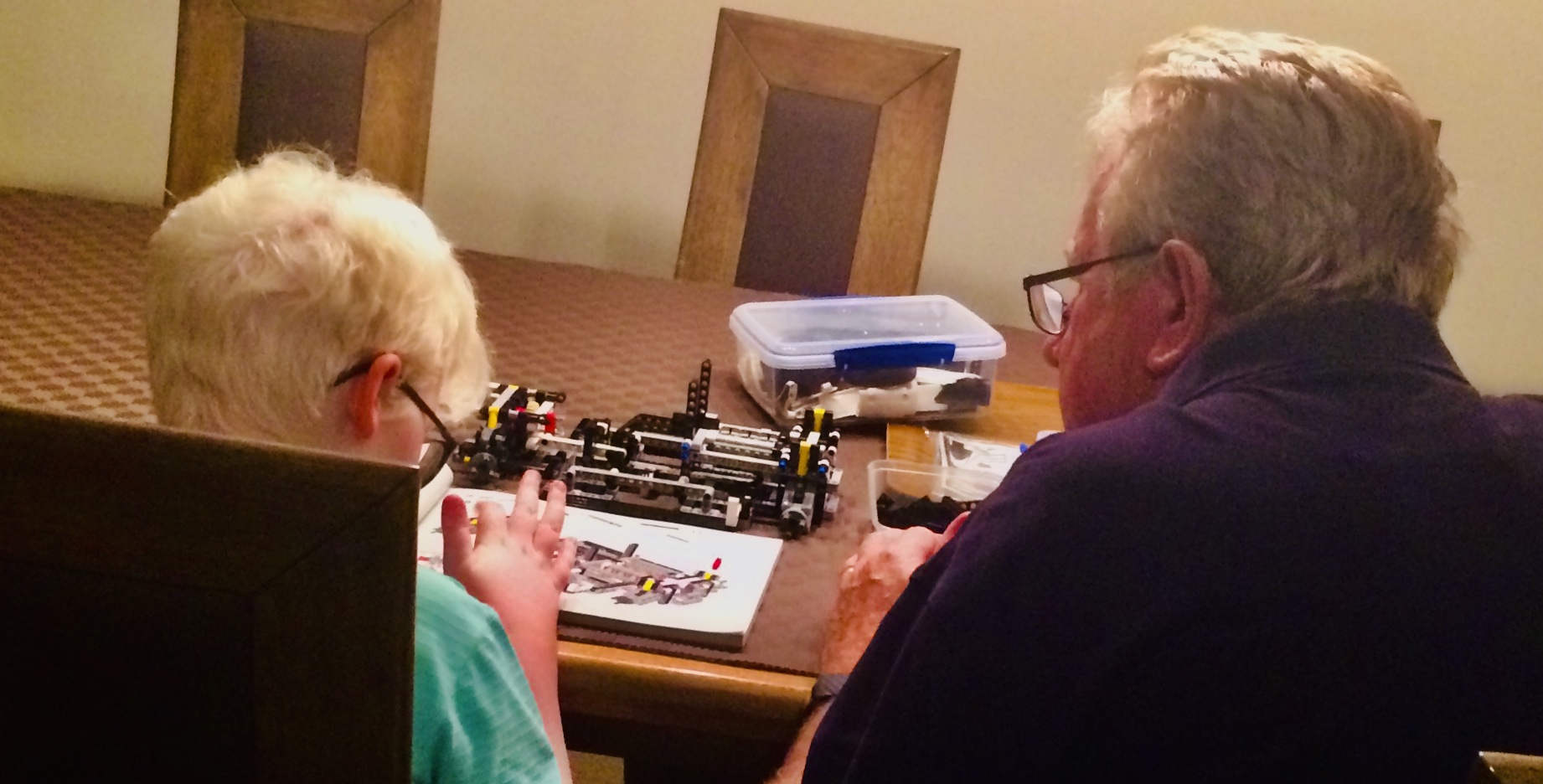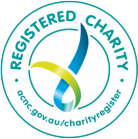Receiving a diagnosis of Albinism can be very difficult and it does take some time to process. This can be the same for other family members. It is only natural to think of all the negatives, the things that they had dreamed of doing with your child that they may not be able to do. Yes there will be changes, but they will grow up with friends, complete their education, find a job or career, and can have a family of their own.
Very young siblings will generally accept differences without judgement and will surprise you at how quickly they learn what support the low vision child requires. However they will sometimes be sensitive to other peoples comments and take in information from adult conversations. Some parents actively educate siblings about albinism from the beginning, others prefer to wait until questions are asked. The most important thing is that there is a close, positive relationship between siblings who are loved equally.

Helping the rest of your close family and friends to understand this will be an early task for you – the beginning of you advocating for your child. As you learn about albinism, share it with grandparents and other close family, dispelling the myths that abound about albinism. It may also take them time to accept it, but help them to understand that this is a normal baby who needs the same and equal attention as any siblings or cousins.

There will be days when you simply do not want to talk about it – let others know that.
There is no right way to approach this – everyone will be different! However it may be helpful for you to provide some guidance to family members about your expectations for a common approach with siblings, friends and the broader cummunity contacts.
Resources
- Being a Grandparent – an important supportive role, by an AFA grandparent member.
- Don’t hold them back – from Blonde whimsy


 Join us on Facebook
Join us on Facebook